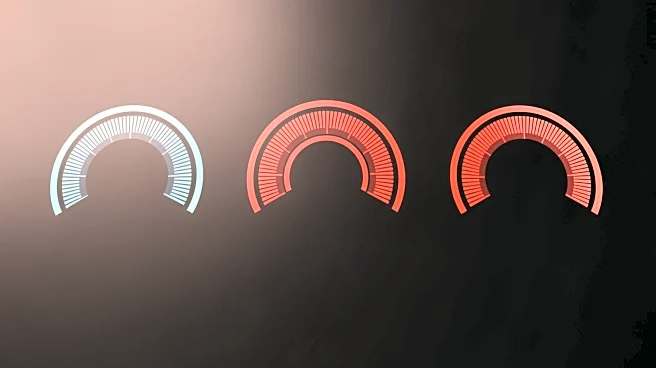Rapid Read • 9 min read
Recent developments in the regulatory landscape of the Telephone Consumer Protection Act (TCPA) have introduced new challenges for businesses aiming to comply with communication restrictions. The U.S. Supreme Court's decision in McLaughlin Chiropractic Associates, Inc. v. McKesson Corp. has shifted the power of statutory interpretation from the Federal Communication Commission (FCC) to district court judges, allowing them to independently assess FCC orders. This change nullifies decades of FCC guidance, creating uncertainty and a lack of uniformity across the country. Businesses now face increased litigation risks, particularly concerning 'quiet hours' restrictions, which prohibit telemarketing communications during specific times unless prior consent is obtained. The FCC's new consent revocation rules, effective since April, further complicate compliance, as businesses must honor revocation requests within ten days.
AD
The erosion of FCC power and the subsequent regulatory uncertainty have significant implications for businesses across the U.S. Companies must navigate a complex patchwork of state and federal regulations, potentially increasing operational costs and legal risks. The shift in judicial power may lead to more varied interpretations of the TCPA, affecting businesses' ability to rely on established FCC guidelines. This could result in increased litigation, as plaintiffs leverage new avenues to challenge TCPA compliance. Businesses must adapt by enhancing their consent management systems and staying informed about jurisdiction-specific case law and statutes. The evolving landscape underscores the need for robust compliance strategies to mitigate potential legal and financial repercussions.
Businesses should anticipate a rise in TCPA-related litigation as they adjust to the new regulatory environment. The FCC's delayed implementation of certain consent revocation aspects until April 2026 provides a temporary reprieve, but companies must prepare for stricter enforcement. The ongoing legal challenges and petitions for declaratory rulings may lead to further clarifications or changes in TCPA regulations. Companies should focus on collecting comprehensive consent and limiting outreach to comply with the most restrictive quiet hour requirements. Continuous monitoring of legal developments and proactive adjustments to compliance strategies will be crucial in navigating the uncertain regulatory landscape.
The shift in regulatory power from the FCC to district courts raises broader questions about the balance between federal agency authority and judicial oversight. This development may influence future legislative and regulatory approaches to consumer protection and business compliance. The increased litigation risks could drive businesses to innovate in consent management technologies and explore alternative communication strategies. Additionally, the evolving TCPA landscape may prompt discussions on the ethical implications of consumer data usage and privacy in telemarketing practices.
AD
More Stories You Might Enjoy











